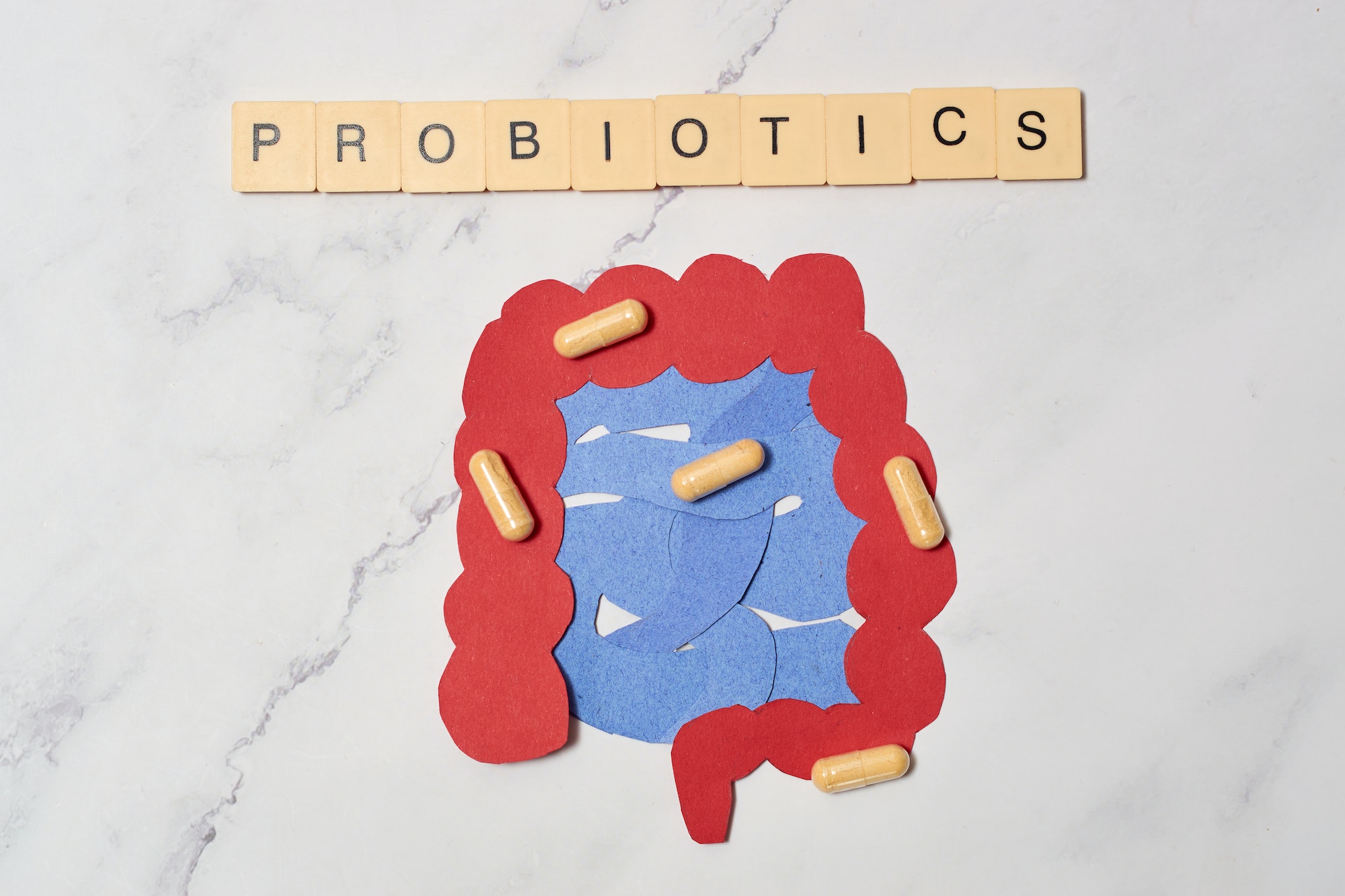Can probiotics help performance?
In recent years, probiotics have gained significant attention as a crucial supplement to incorporate into your daily regimen. However, it’s essential to understand what constitutes beneficial bacteria and why it promotes a healthy gut for athletes. Moreover, the question arises: can probiotics enhance athletic performance through their positive impact on gut microbiota?

What is the role of probiotics in maintaining good gut health?
Probiotics, also known as good bacteria, are living microorganisms that offer numerous health benefits to the gastrointestinal tract. By directly interacting with the GI tract, probiotics have a positive impact on the structure, function, and metabolic well-being of the gut microbiota, ultimately promoting the growth of beneficial bacteria. This, in turn, can improve both physical and mental health, as the gut plays a crucial role in the overall performance of other physiological functions including the brain and immune system. For a more comprehensive understanding of probiotics and their mechanisms, refer to our detailed article available here.
Why is the gut microbiome crucial for sports performance?
Athletes may face challenges with gastrointestinal illnesses and gut-related issues like bloating, which can hinder their training progress. However, probiotics can play a significant role in supporting and relieving these symptoms, thus promoting a healthy gut. Furthermore, maintaining a healthy gut enables various physiological functions to function optimally, including a strengthened immune system, improved metabolic health, and enhanced brain function encompassing mood and cognitive performance.
Can probiotics improve energy levels?
Probiotics have the potential to indirectly boost energy levels. They achieve this by improving the overall health of gut bacteria, leading to more efficient metabolism of digested food for energy. While they may not provide the same targeted impact as energy-specific supplements, probiotics can still aid athletes in effectively generating energy from their diet.
Could probiotics enhance athletic performance?
Yes, there is evidence suggesting that probiotic supplementation can enhance athletic performance, especially for endurance athletes participating in events that may result in gastrointestinal problems, like running in hot weather. Although the precise mechanisms through which probiotics improve performance are not fully understood and can be diverse, they are recognized for their ability to alleviate gut-related symptoms and positively impact energy metabolism, which likely plays a significant role in athletic performance. For a comprehensive examination of how probiotic intake can affect sports performance in athletes

What is the recommended duration for taking probiotic supplements?
To effectively boost the level of beneficial bacteria in the gut, it is advised to consume probiotic supplements for a minimum of 4 weeks prior to a major competition or international travel. This duration allows sufficient time for the enhancement. Athletes who frequently encounter gastrointestinal problems while competing or traveling are encouraged to take daily probiotic supplements in order to meet their specific needs and promote optimal gut health.
What are the advantages and disadvantages of athletes incorporating probiotics into their routine?
As with any supplement, there can arguably be pros and cons for athletes considering integrating a daily probiotic into their nutrition strategy.
When it comes to athletes considering adding a daily probiotic to their nutrition plan, there are both advantages and disadvantages to consider.
Advantages of taking probiotics include reducing the risk of traveler’s diarrhea, minimizing the likelihood of getting sick, improving various gut-related symptoms, and boosting energy levels.
On the flip side, there are some drawbacks to taking probiotics. First, they need to be taken daily in order to experience long-term benefits. Second, it is recommended to supplement with probiotics for a period of four weeks before traveling. Additionally, there is a wide variety of probiotic strains available, making it difficult to choose the most effective one. Lastly, it’s important to note that simply taking probiotics immediately to address a gut issue may not accurately identify or resolve the underlying problem.
Is consuming fermented food beneficial for gut health?
Foods like kefir, yoghurt, kombucha, sauerkraut, and kimchi are examples of fermented foods that have live microbes. These microbes have been recommended for enhancing gut health by promoting a larger variety of gut microbes and reducing inflammation, thus leading to a stronger immune response.
Is it advisable for athletes to consume vitamin supplements or probiotics?
Intense training puts a lot of strain on an athlete’s body, which means they need a variety of nutrients to stay healthy and perform at their best. Taking a multivitamin can help ensure they get all the vitamins and minerals they need, but it’s not a substitute for eating nutritious food like fresh fruits and vegetables. Training at high volumes and facing extreme weather conditions or long travel can also affect the gut’s ability to function properly. In such cases, probiotic supplements can be recommended to maintain overall gut health, alleviate symptoms, and support training and overall well-being.
In conclusion, probiotics have emerged as a crucial supplement for athletes looking to promote a healthy gut and enhance their performance. The gut microbiome plays a vital role in athletes’ overall well-being, and probiotics have been shown to support and relieve gastrointestinal issues that can hinder training progress. By promoting the growth of beneficial bacteria in the gut, probiotics have a positive impact on various physiological functions, including the immune system, metabolism, and brain function. While the precise mechanisms through which probiotics improve athletic performance are not fully understood, there is evidence suggesting that they can alleviate gut-related symptoms and positively impact energy metabolism. However, athletes should consider both the advantages and disadvantages of incorporating probiotics into their routine, including the need for daily supplementation and the wide variety of strains available. Additionally, it’s important to note that probiotics should not be used as a quick fix for gut issues and that a healthy diet should still be prioritized. Overall, probiotics have the potential to improve gut health and indirectly boost energy levels in athletes, but further research is needed to fully understand their impact on athletic performance.





